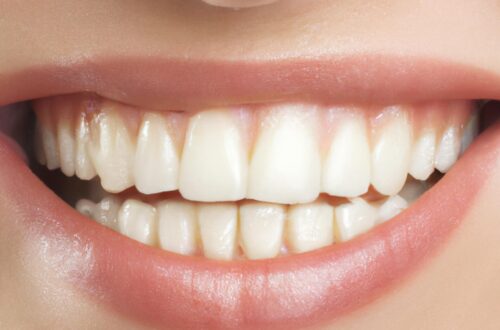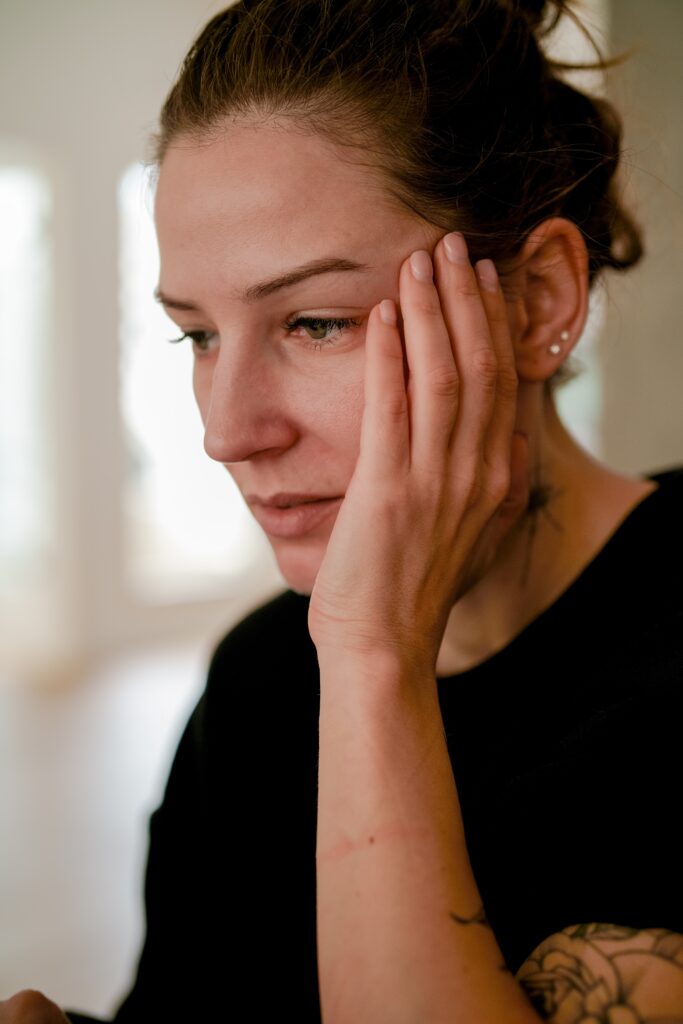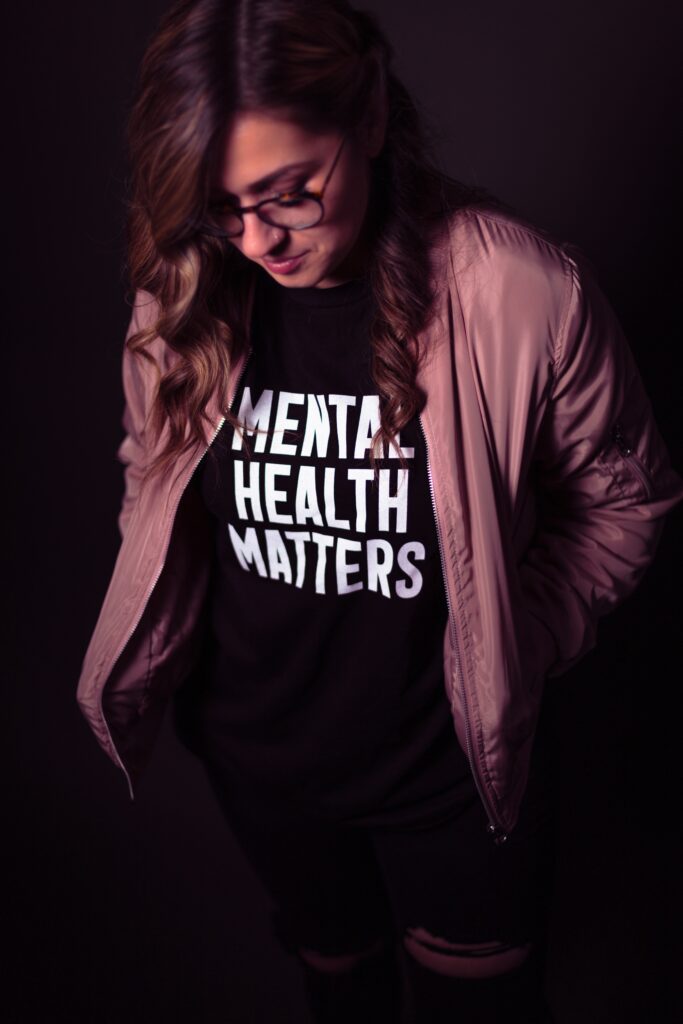Unseen and Unheard: Empowering Voice Against Anxiety
Anxiety is a normal human emotion that we all experience from time to time. It is a silent battle that many of us face, often unseen and unheard of by people around us. It’s a feeling of worry, nervousness, or unease about something with an uncertain outcome.
This internal struggle can have a profound impact on one’s mental and emotional well-being. Stress, trauma, or a particular event are just a few examples of triggers that can cause anxiety, which can then show up as both physical and psychological symptoms.
Anxiety is a complex mental health disorder that can present in many different ways, including panic attacks, phobias, obsessive-compulsive disorder (OCD), and generalized anxiety disorder (GAD).
It is often characterized by excessive worry, fear, and overthinking, accompanied by physical symptoms such as rapid heart rate, sweating, and trembling.
I have been ignorant of this war called anxiety for a long, only to realize what harm it can do to our overall health. With its relentless grip, it can disrupt our daily lives, leaving us trapped in a constant state of worry and unease.
In this blog, I’ll do my best to give a thorough overview of anxiety, including what causes it, how it manifests, and available treatments. Explore the different types of anxiety disorders, treatment approaches, and tips for managing anxiety with me.
Let’s start a journey toward improving overall mental health and well-being. So let’s begin step by step 🙂
Different forms of Anxiety disorders:
Millions of people worldwide suffer from anxiety disorders, but not all forms of anxiety are the same. The ones I listed below are just a few.
Generalized Anxiety Disorder (GAD):
A condition characterized by chronic anxiety and worry about everyday activities, without any obvious trigger. People with GAD often feel anxious and worried most of the time and struggle to control these feelings.
Panic Disorder:
A type of anxiety disorder that causes sudden, intense episodes of fear and panic, known as panic attacks. These attacks frequently come on without warning and are accompanied by physical signs like sweating, a racing heart, and trouble breathing.
Obsessive-Compulsive Disorder (OCD):
OCD is a type of anxiety disorder that causes people to experience obsessive thoughts and compulsive behaviors. People with OCD may feel compelled to carry out specific tasks, like counting or checking, in order to reduce the anxiety brought on by their obsessive thoughts.
Social Anxiety Disorder (SAD):
SAD is a type of anxiety disorder that causes people to feel extremely self-conscious and anxious in social situations. People with SAD may avoid social events altogether, or struggle with speaking or performing in front of others.
Post-Traumatic Stress Disorder (PTSD):
PTSD is a type of anxiety disorder that can develop after experiencing or witnessing a traumatic event. People with PTSD may experience flashbacks, nightmares, and intense anxiety related to the traumatic event.
Now let’s talk about what causes anxiety:
Anxiety is a complicated condition influenced by a number of factors.
Biological factors
Biological factors such as genetics, brain chemistry, and hormones can all play a role in the development of anxiety disorders. For instance, research has shown that individuals with a family history of anxiety disorders may be more likely to experience anxiety themselves. Furthermore, imbalances in certain neurotransmitters, such as serotonin and dopamine, have been linked to anxiety.
Environmental factors
Environmental factors such as stressful life events, trauma, and chronic illness can also contribute to the development of anxiety. For instance, experiencing a traumatic event like a car accident or natural disaster can lead to the development of post-traumatic stress disorder (PTSD). Chronic illness or other health conditions can also increase the likelihood of experiencing anxiety.
Psychological factors
Psychological factors such as personality traits, coping strategies, and thought patterns can also impact our susceptibility to anxiety. For example, individuals with perfectionistic tendencies may be more prone to anxiety due to the high standards they set for themselves. Similarly, individuals who have a tendency to catastrophize or engage in negative self-talk may be more likely to experience anxiety.
Personality Traits:
Certain personality traits and behavioral patterns can make individuals more susceptible to anxiety. Perfectionism, excessive worrying, a tendency to overthink, and a negative self-image can all contribute to the onset of anxiety disorders.
Medical Conditions:
Certain medical conditions can be associated with increased anxiety. For example, individuals with chronic pain, cardiovascular disease, respiratory disorders, or hormonal imbalances may experience heightened levels of anxiety due to the impact these conditions have on their overall well-being.
Substance Use and Withdrawal:
Substance abuse, including alcohol, drugs, or medications, can lead to anxiety symptoms. Additionally, withdrawing from certain substances, such as benzodiazepines or opioids, can trigger withdrawal-related anxiety.
Below are a few typical anxiety warning signs: 
Anxiety is a complex condition that can manifest in different ways, and its symptoms may vary from person to person.
Physical Symptoms of Anxiety
- Muscle tension: Anxiety can cause your muscles to tighten, leading to aches and pains.
- Rapid heartbeat: You may notice your heart racing or pounding in your chest.
- Sweating: Anxiety can make you sweat more than usual, even when it’s not hot.
- Shortness of breath: You may have trouble catching your breath or feel like you can’t take a deep breath.
- Stomach problems: Anxiety can cause digestive issues such as nausea, diarrhea, or constipation.
Behavioral Symptoms of Anxiety
- Avoidance behavior: You may avoid situations that trigger your anxiety, such as crowded places or social events.
- Restlessness: Anxiety can make you feel agitated or restless, making it hard to sit still or relax.
- Sleep disturbances: You may have trouble falling or staying asleep, or experience nightmares.
- Compulsive behaviors: Some people with anxiety may develop repetitive behaviors, such as checking locks or washing hands.
Emotional Symptoms of Anxiety
- Excessive worry: Anxiety can cause you to worry excessively about things that are unlikely to happen or beyond your control.
- Irritability: You may feel easily annoyed or frustrated, even over minor issues.
- Fear: Anxiety can make you feel scared or apprehensive, even when there is no real threat.
- Difficulty concentrating: You may find it hard to focus or concentrate on tasks, making it challenging to complete work or school assignments. Watch out for any of the symptoms.
Let’s shed some light on the risks associated with anxiety:
Genetics, environmental stressors, and a person’s unique psychological makeup are just a few of the complex factors that influence anxiety.
Here are some of the most common risk factors for anxiety:
Family History: A family history of anxiety or other mental health disorders increases the risk of developing an anxiety disorder. Researchers have identified specific genes that may contribute to the development of anxiety disorders.
Traumatic Events: Exposure to traumatic events, such as physical or emotional abuse, natural disasters, or combat, can increase the risk of developing an anxiety disorder. Post-Traumatic Stress Disorder (PTSD) is a type of anxiety disorder that can develop in response to a traumatic event.
Chronic Medical Conditions: Chronic medical conditions such as heart disease, diabetes, or chronic pain can increase the risk of developing an anxiety disorder. The stress and uncertainty associated with these conditions can contribute to the development of anxiety. Additionally, some medications used to treat these conditions may also cause anxiety as a side effect.
Let me a few tips on how you can manage Anxiety:
Anxiety can be debilitating, but there are ways to manage it. Coping with anxiety involves making changes to your lifestyle, utilizing self-help strategies, and seeking professional treatment options.
a) Lifestyle Changes
- Exercise regularly – Exercise can help reduce anxiety by releasing endorphins and reducing stress hormones.
- Get enough sleep – Lack of sleep can increase anxiety symptoms, so it’s important to get enough rest.
- Eat a balanced diet – A healthy diet can improve overall health, including mental health.
- Reduce caffeine and alcohol intake – Caffeine and alcohol can worsen anxiety symptoms, so it’s important to consume them in moderation.
- Practice relaxation techniques – Deep breathing, meditation, and yoga can help reduce anxiety symptoms.
b) Self-help Strategies
- Challenge negative thoughts – Identify and challenge negative thoughts that contribute to anxiety.
- Practice mindfulness – Focus on the present moment to reduce worrying about the future.
- Keep a journal – Write down your thoughts and feelings to better understand your triggers and coping mechanisms.
- Practice self-care – Engage in activities that bring you joy and relaxation, such as reading or taking a warm bath.
c) Professional Treatment Options
- Therapy – Cognitive-behavioral therapy (CBT) can help identify and challenge negative thought patterns and behaviors.
- Medication – Antidepressants and anti-anxiety medication can help manage anxiety symptoms.
- Support groups – Joining a support group can provide a sense of community and offer helpful coping strategies.
- Alternative therapies – Some people find relief through alternative therapies such as acupuncture, massage, or aromatherapy.
To sum it all
Anxiety is a complex condition and everyone’s experience with anxiety is different. Understanding the causes, and risk factors of anxiety can help individuals identify when they are experiencing anxiety and seek help.
From my experience, I can tell you it can be challenging to live with, but by acknowledging its existence and lending a compassionate ear, we can dismantle the stigma surrounding mental health.
Together, we can create a safe space where those engaged in this silent war can find solace, support, and the understanding they deserve.
Remember, it’s okay to not be okay, and seeking help is a sign of strength.


You May Also Like

Swish Your Way to Health: The Magic of Ayurvedic Oil Pulling
30 August 2025
Strong Bodies, Strong Myths: Weight Training Benefits for Women
18 May 2025


